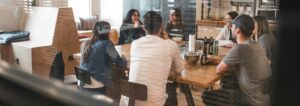Active Learning Activities
Active learning activities are tailored to specific learning outcomes and content. They incorporate one or more of the evidence-based strategies. Structured to expose their theoretical underpinnings, the activities can be used by practitioners and researchers alike.
















